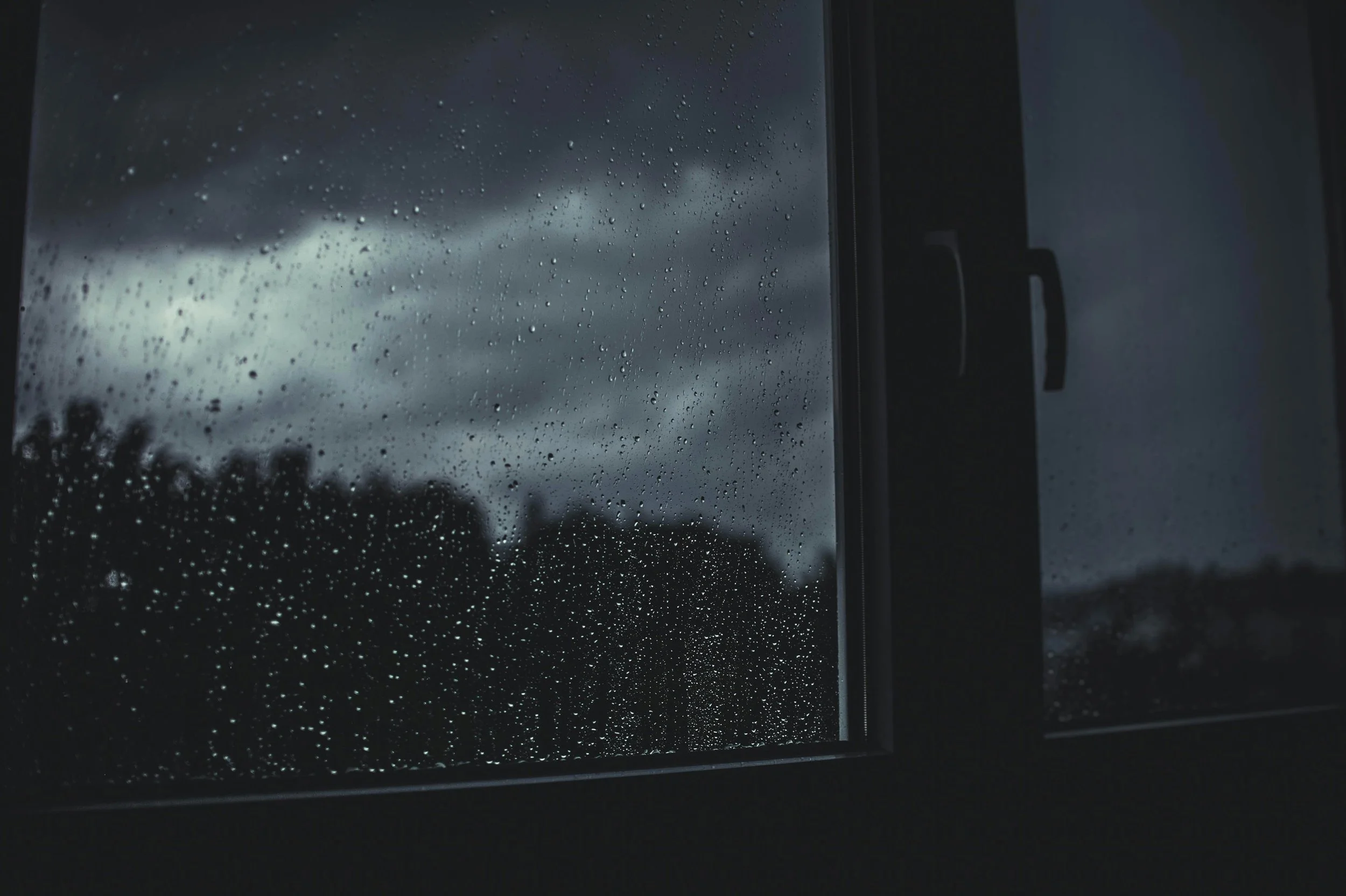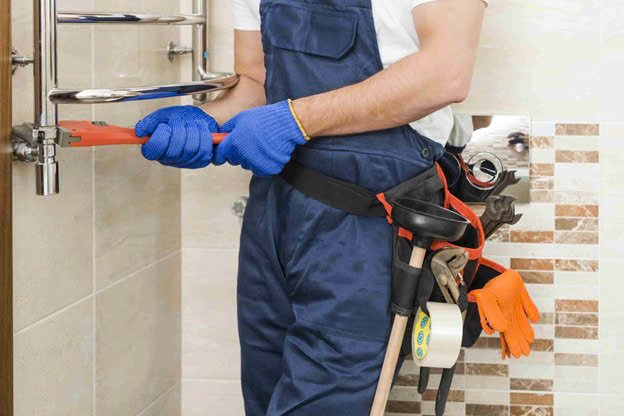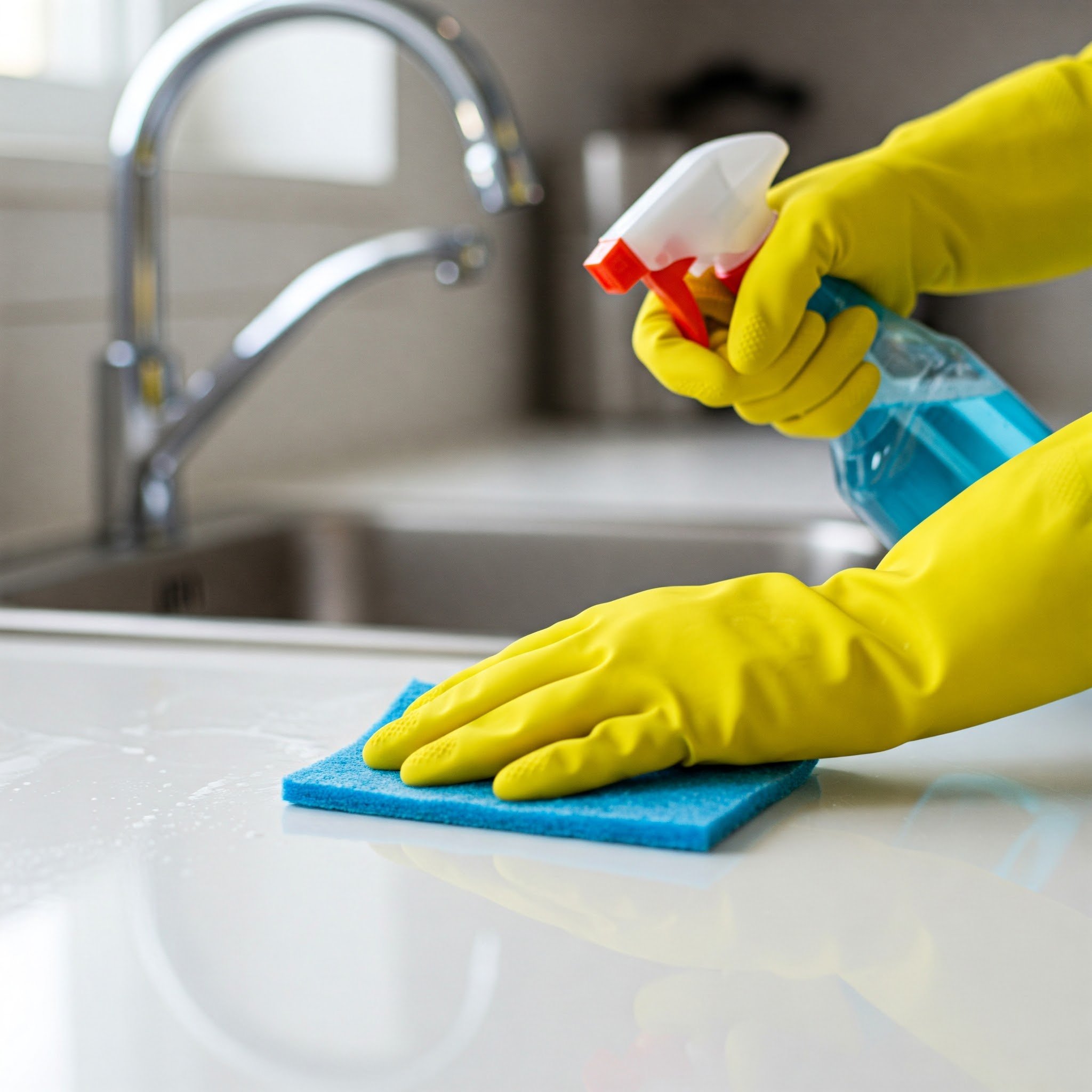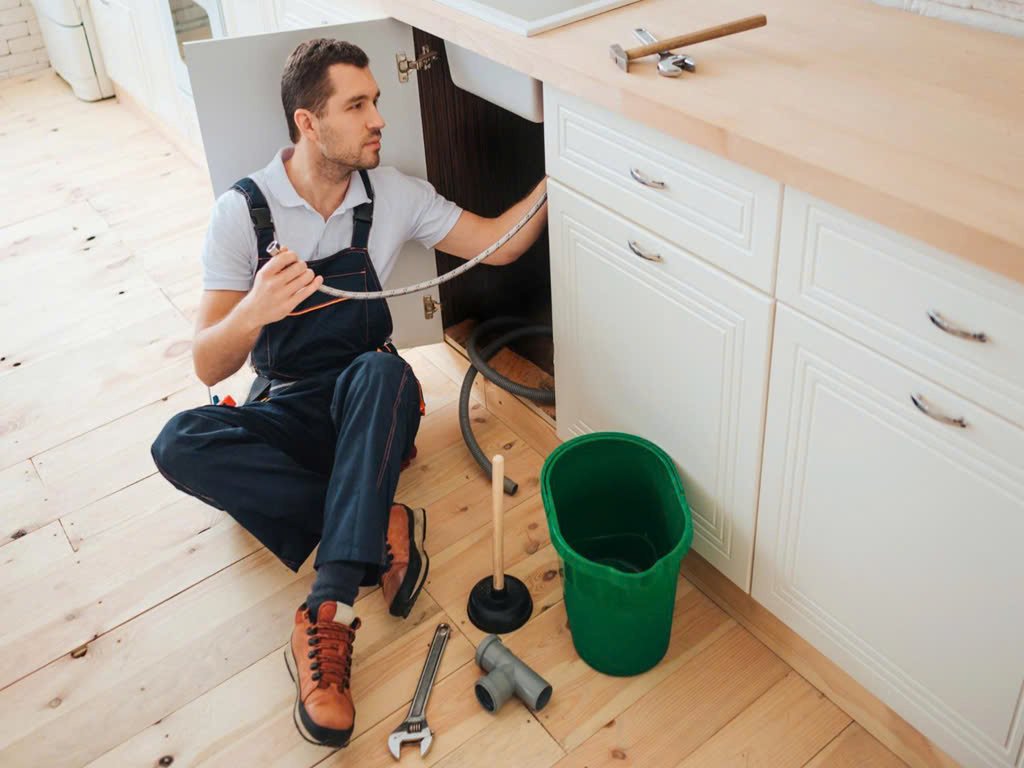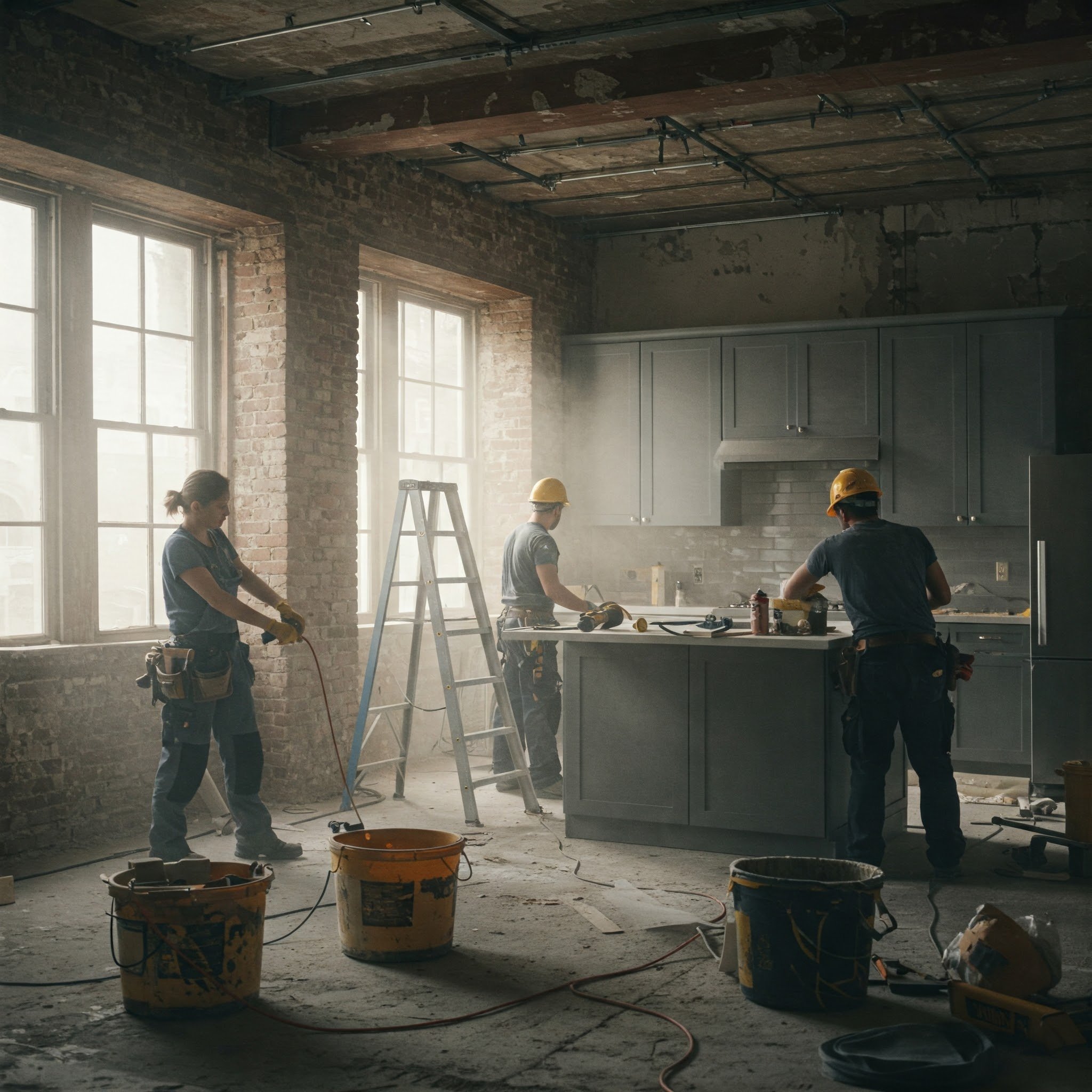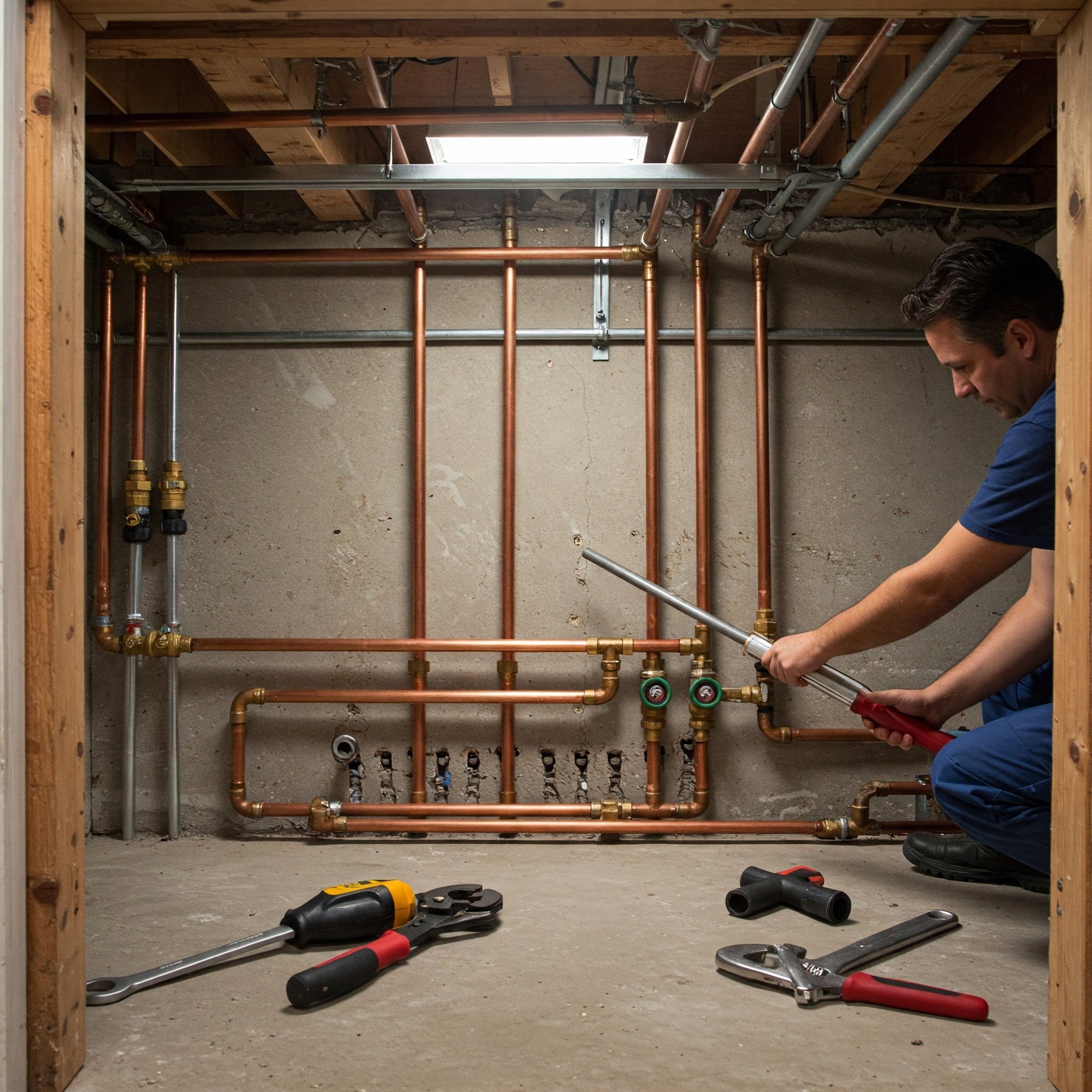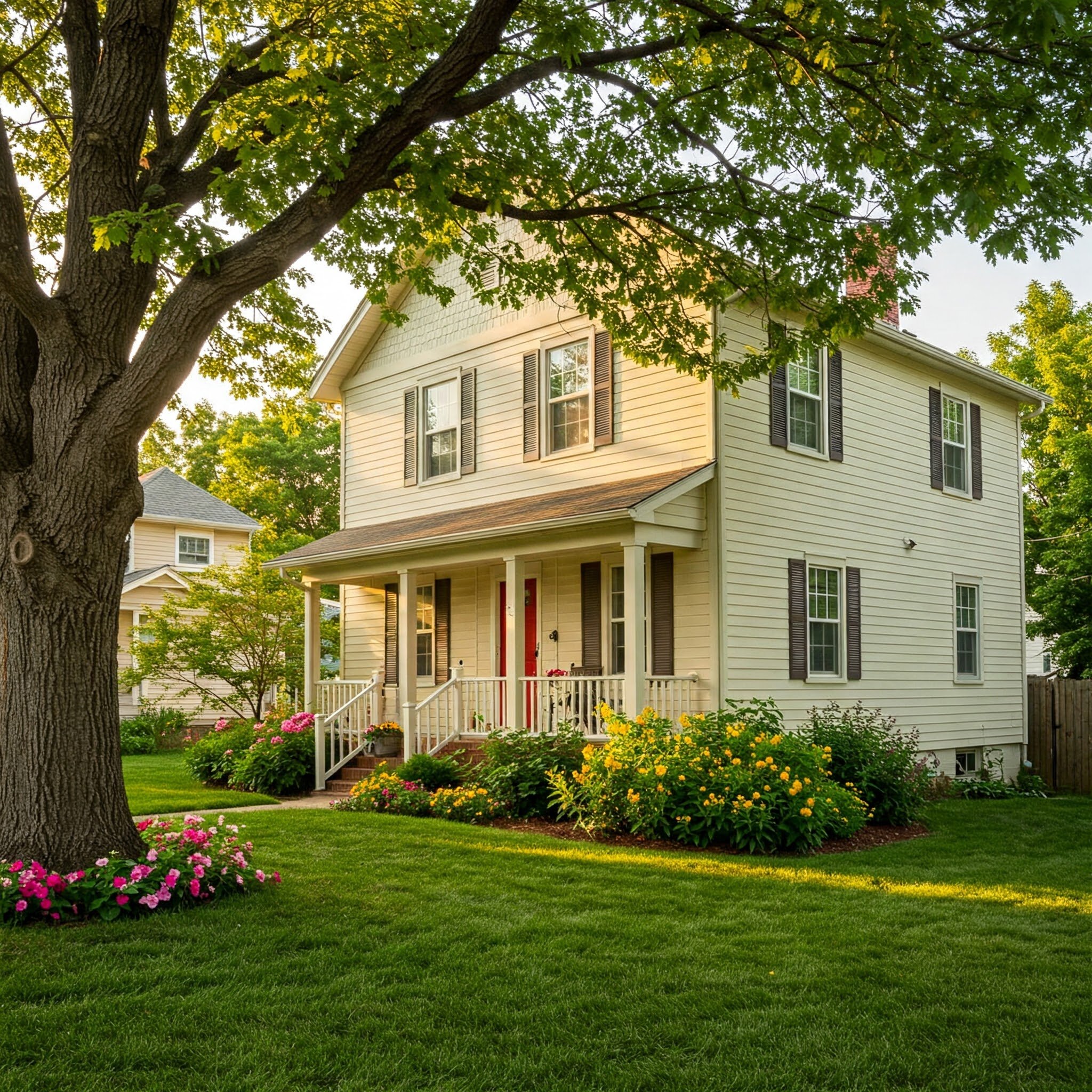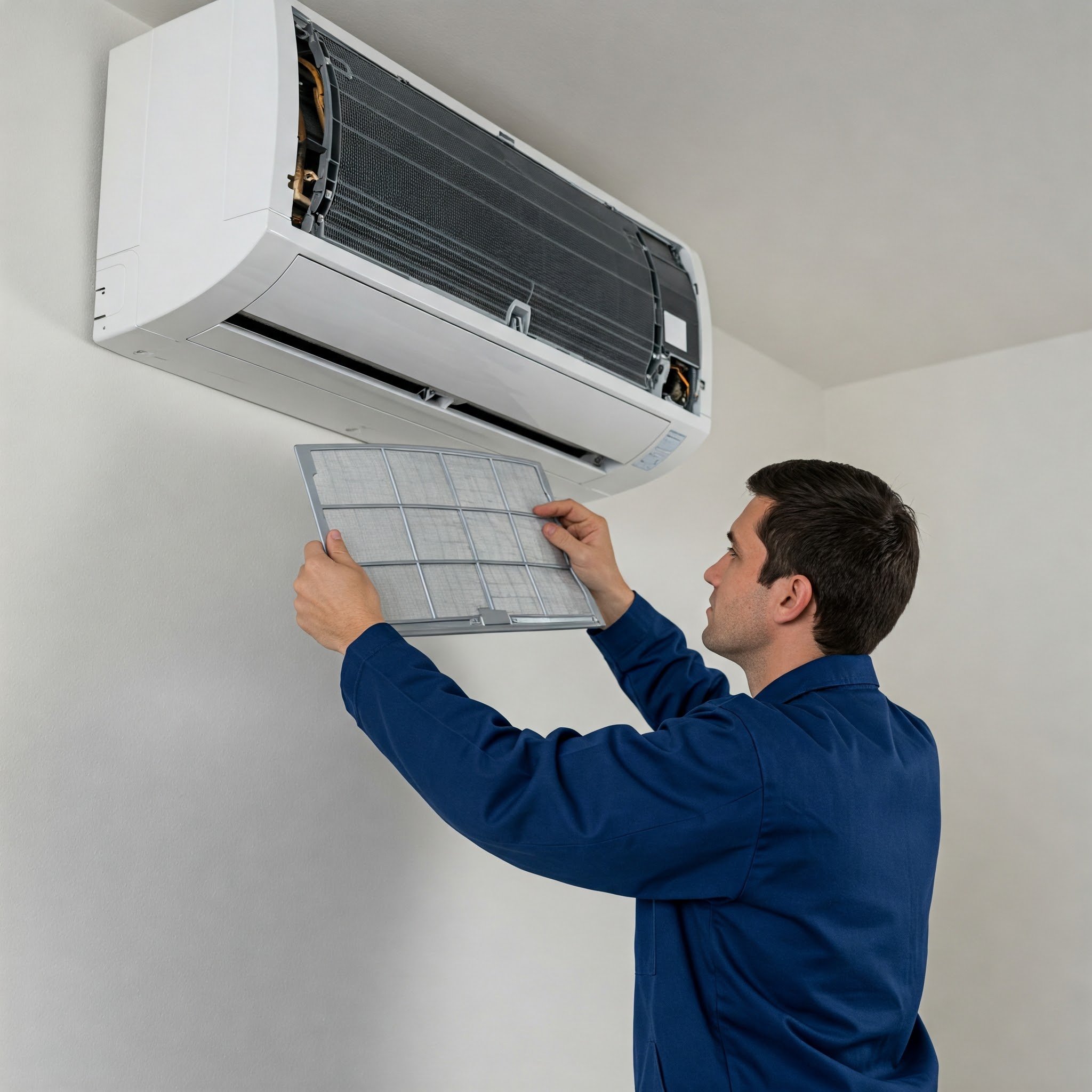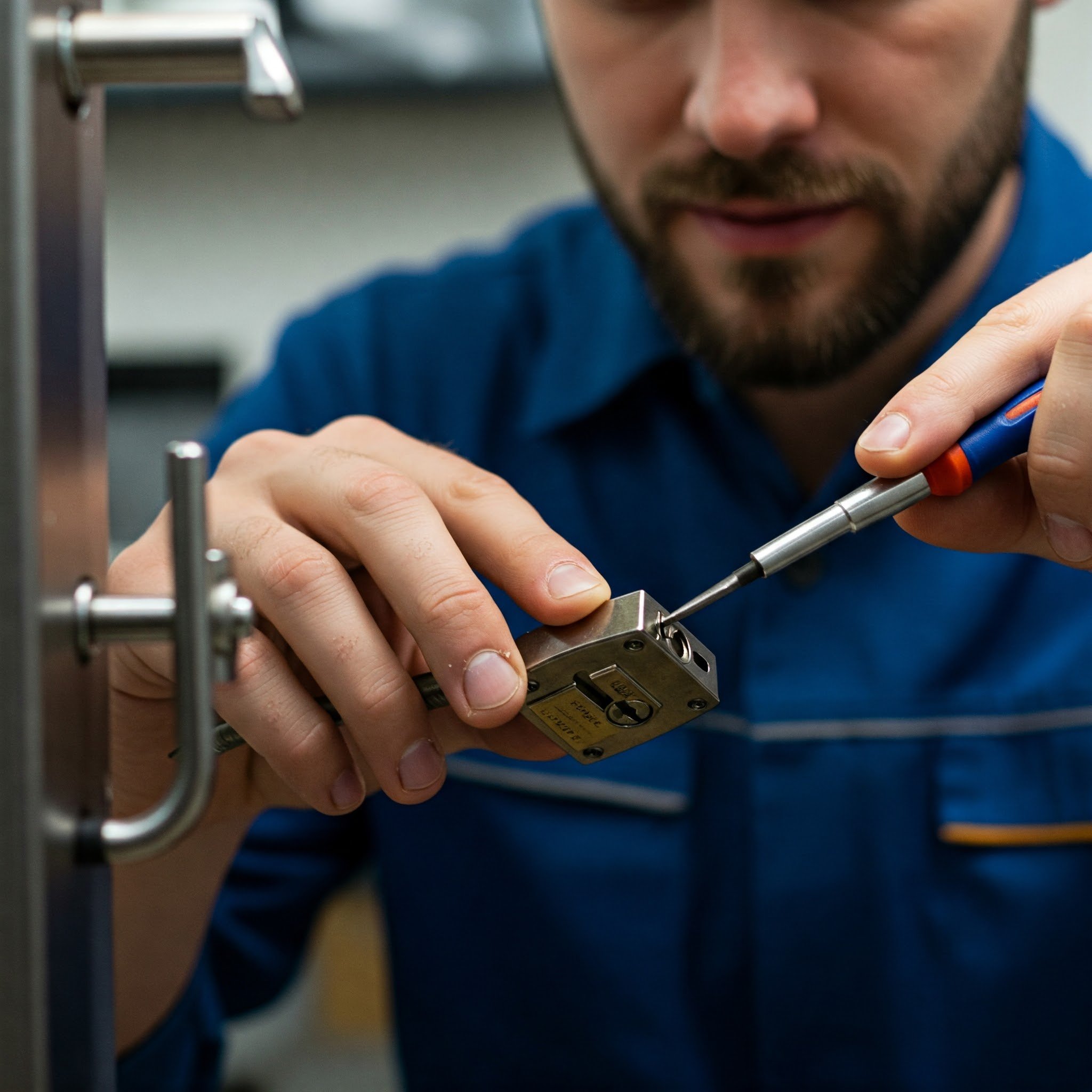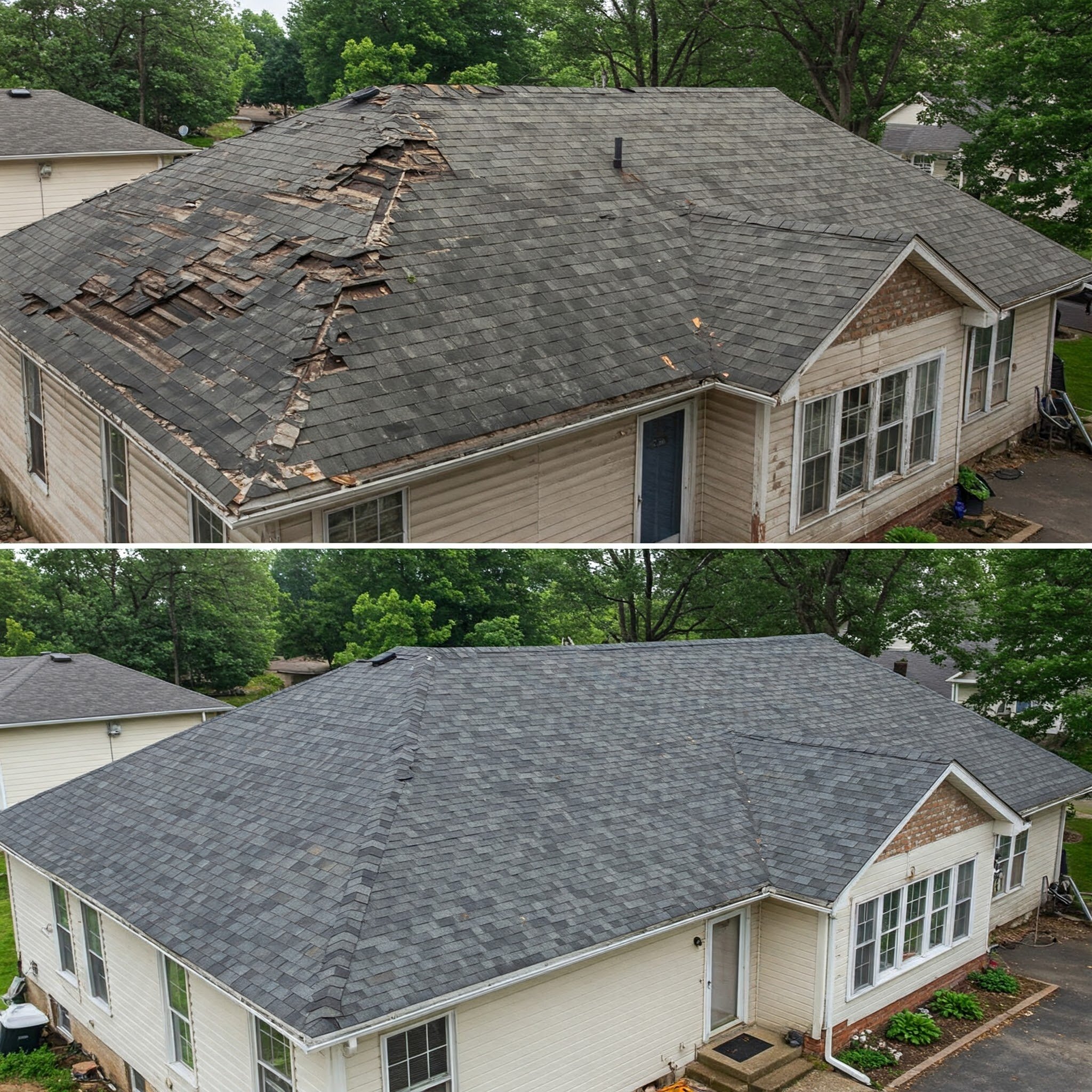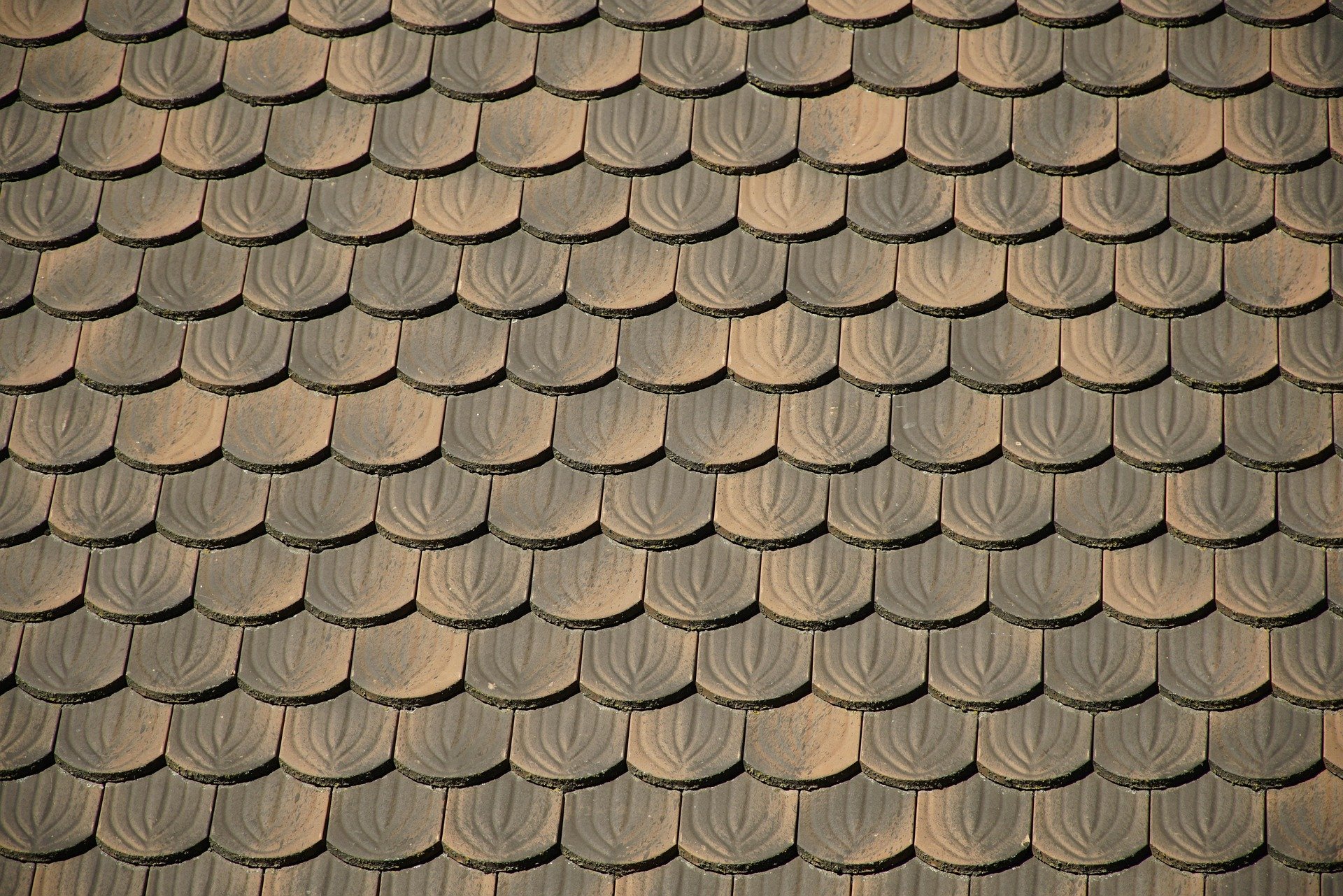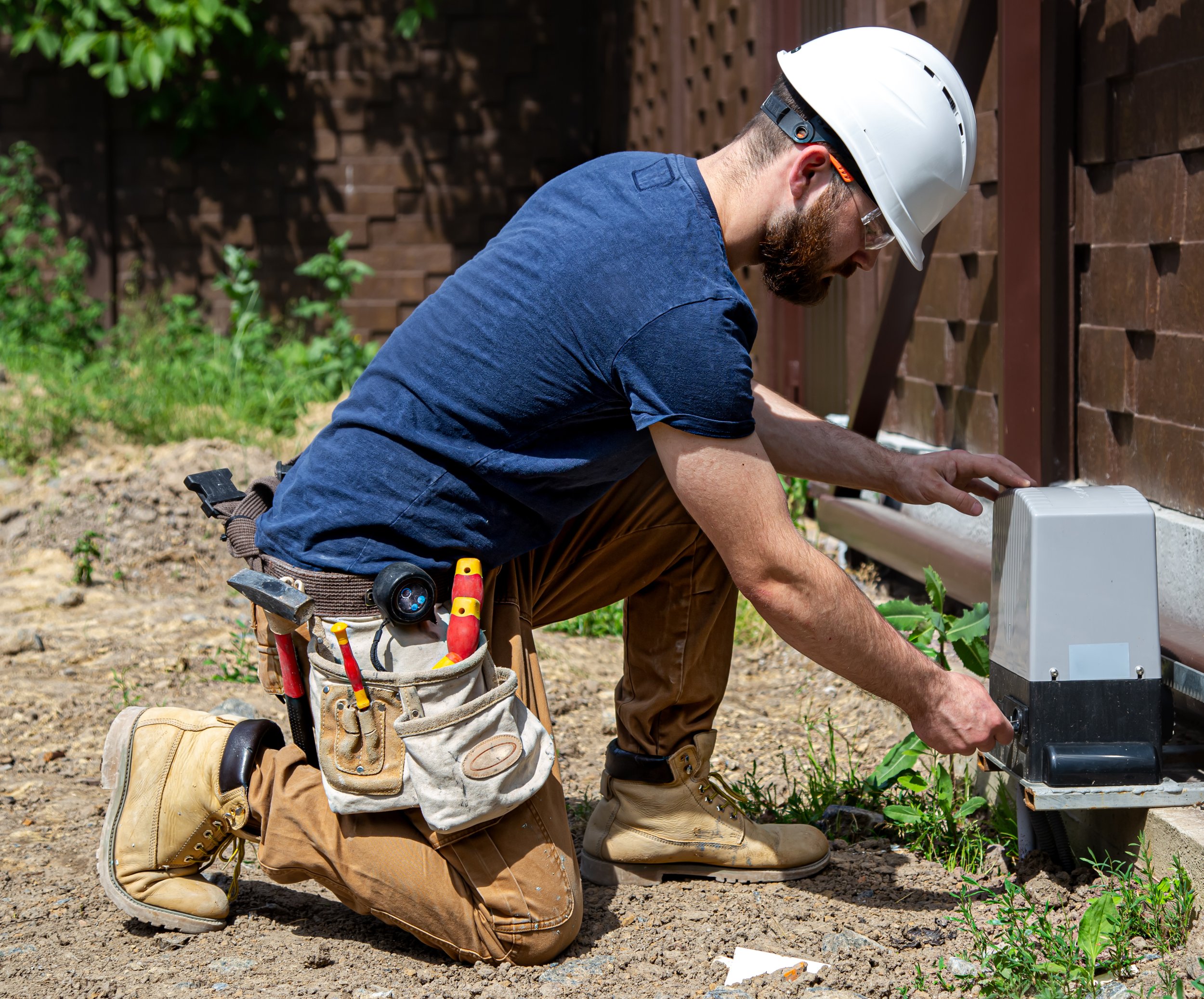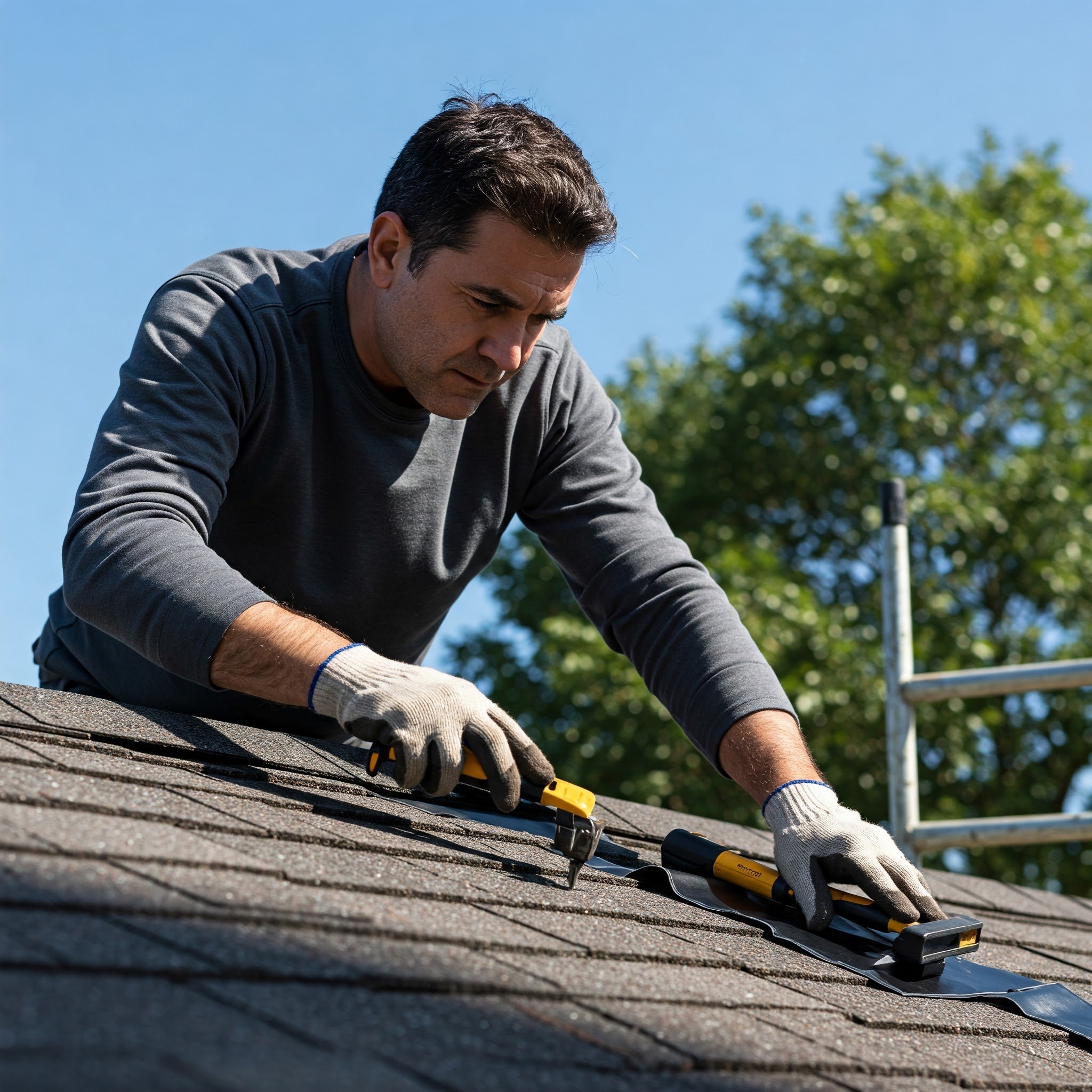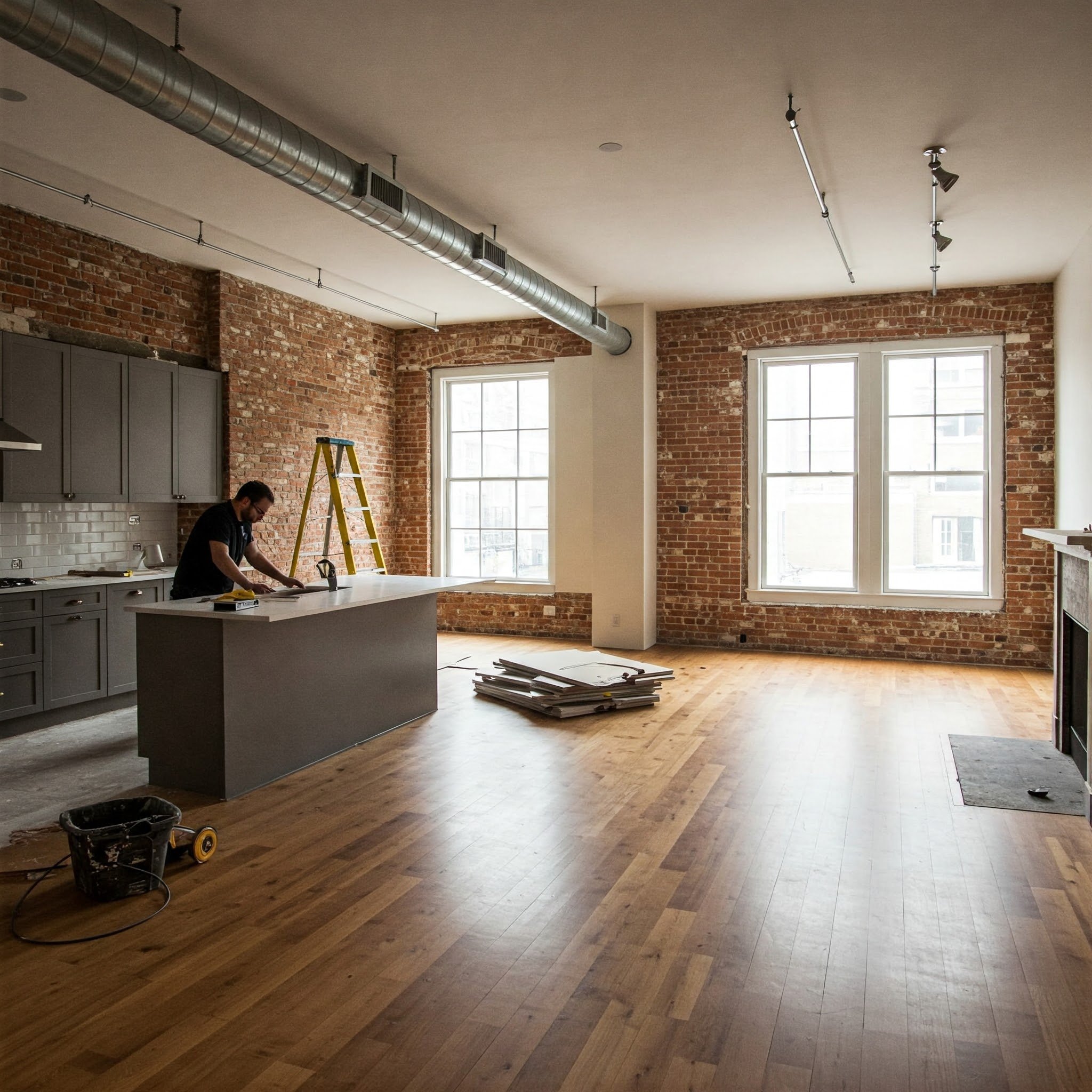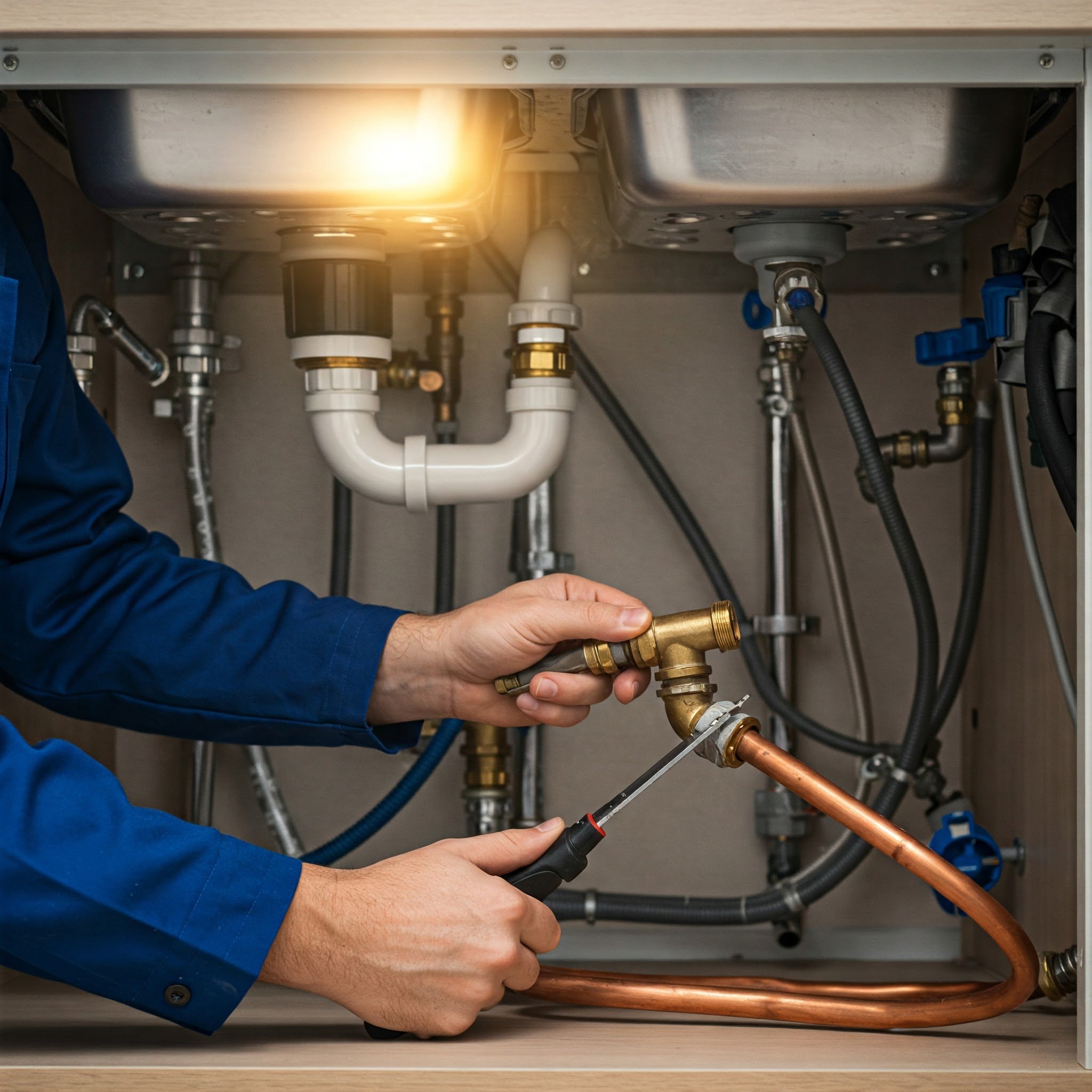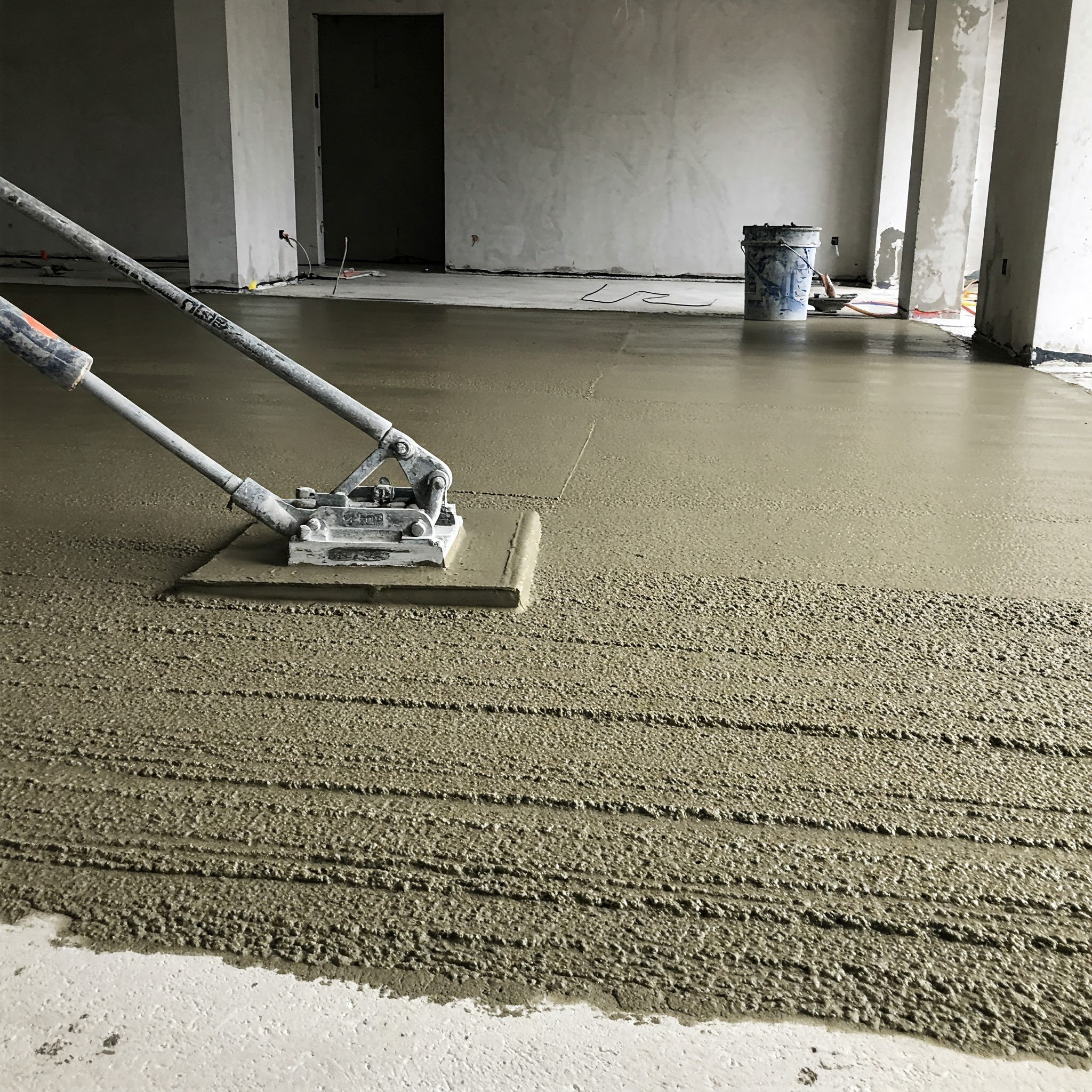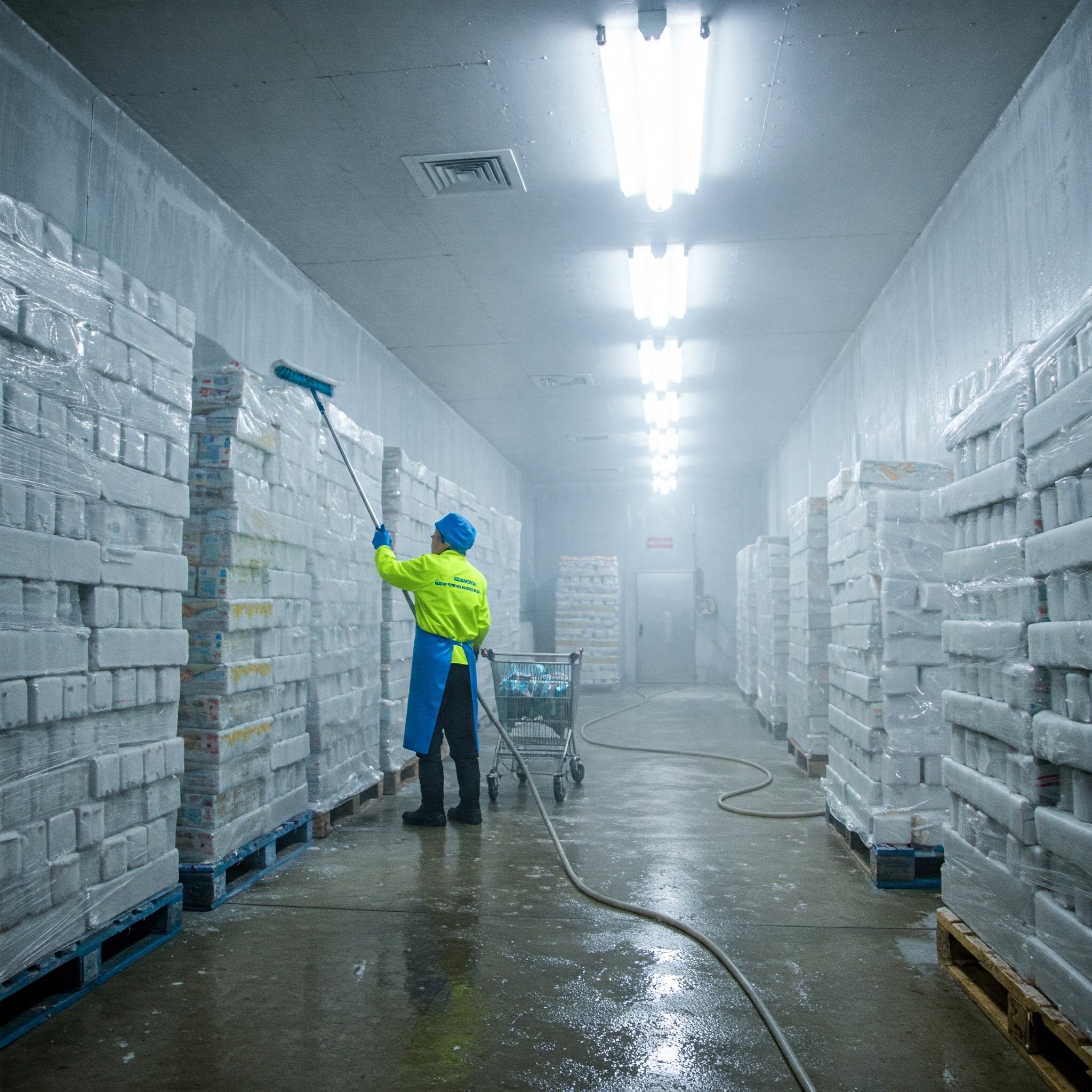Pre-Monsoon House Maintenance Tips for a Safe and Secure Season
Get your home ready for the rainy season with essential pre-monsoon maintenance tips to ensure safety and security throughout the storms.
The rainy season gives a refreshing break from the summer heat but also brings unwelcome challenges such as leaks, electrical problems, and slimy roads. To ensure a safe and secure season, a little pre-monsoon house maintenance goes a long way. With a little preparation before the monsoon, you can sit back, relax, and enjoy the pitter-patter of raindrops.
In this article, we will provide a comprehensive checklist of tips to prepare your home and yourself for the rainy season.
Roof Inspection and Repair
Don't let the monsoon rains turn into a downpour of problems inside your home. Examine your roof for broken or lost shingles, cracked flashing, and wear around vents and pipes. A professional roof inspection can detect even minor wearouts before they become major leaks. If repairs are necessary, address them promptly to prevent water damage to your ceilings, walls, and belongings.
According to This Old House, steep-slope asphalt shingles are the most prevalent roofing material in the US. Around 83% of the contractors suggest this material for roof construction or replacement. If you find your roof in deteriorated condition, you can get it replaced.
Exterior Wall Maintenance
Your exterior walls are the guardians of your home against the monsoon's fury. Carefully inspect for signs of trouble, such as bangs, flaking paint, or water stains. These can be entry points for moisture, potentially causing structural deformities and mold development. If you notice any minor cracks, address them promptly with a patching compound suitable for exterior use.
For peeling paint, scrape off loose pieces and repaint with a high-quality exterior paint designed to withstand the elements. Consult an expert for proper inspection and repair of stubborn stains or more extensive damage.
Inspection Support Network advocates proper cleaning and keeping your walls free of dust and dirt. This way the walls won’t require repainting frequently and it could save up to $950 for a professional. Bright and clean walls can also increase your house’s value by $2000 if you are planning to sell it.
Gutter and Downspout Cleaning
Downspouts and blocked gutters can create monsoon chaos. Flooded gutters may cause water to ooze under your roof gravels, resulting in leaks and potential mold development. To prevent this, ensure your gutters are clear of twigs, leaves, and leftovers.
You can DIY or you can take the help of professionals if the gutter is too clogged. Market Watch estimates that the average cost for gutter cleaning is $163. However, some people may pay $119 to $228 depending on the size of their gutter.
If you think a professional is not needed, you can do it by yourself. Clear them by hand or with a gutter scoop, then flush them out with a strong stream of water from a hose. Check your downspouts for clogs as well. A simple test is to pour water down the top and see if it drains freely.
If not, you may need to use a plumber's snake or a high-pressure washer attachment to clear the blockage.
Window and Door Maintenance
During your pre-monsoon inspection, check your windows and doors. Pay close attention to the window trim exterior, which is the first line of protection against the elements. Check for any warping, cracks, or gaps around the window frame. These seemingly small imperfections can allow water to seep in and cause damage to your walls and interior. If needed, they can be changed to new ones.
According to Belco Forest Products, window trims enhance visual appeal and offer essential weather resistance and sturdiness to windows. When properly installed, they protect against harsh weather and moisture intrusion.
For doors, ensure a tight seal by inspecting the weatherstripping around the borders. If the weatherstripping feels brittle or compressed, it's time to replace it. A properly sealed door will not only keep out water but also improve energy efficiency.
Landscaping and Drainage
Don't let your beautiful landscaping become a breeding ground for monsoon woes. Cut down overgrown shrubs and trees to prevent them from scraping against your house during strong winds. Ensure proper drainage around your foundation by checking for any low-lying areas where water tends to pool.
If necessary, regrade the soil to develop a ramp that directs water away from your house and towards storm drains or allotted drainage areas. Consider adding French drains or dry wells in particularly problematic spots to collect and channel excess water. By taking these steps, you'll prevent foundation damage, erosion, and the growth of moisture-loving pests like mosquitoes.
Axiom Market Insights reported young and new-generation gardeners are developing an interest in gardening and landscaping. Gen Y, Gen X, and Gen Z will plant more and expand their gardens by three times more than Boomers. They said they will spend the same or more time gardening in 2023 and the future.
HVAC System Inspection
Don't let the monsoon disrupt your indoor comfort. Schedule an inspection of your HVAC system before the rainy season arrives. A qualified technician can assess your air conditioner and heater for any potential issues that could lead to breakdowns during the monsoon's high humidity.
They'll check for clogged air filters, clean the coils to improve efficiency, and ensure proper drainage of condensate to prevent mold growth. Addressing these minor issues proactively can not only prevent headaches during the monsoon but also improve your system's overall performance and lifespan.
As per This Old House, HVAC systems can serve you for more than 20 years if they are maintained properly.
Frequently Asked Questions
Why is it necessary to perform pre-monsoon maintenance on my home?
Pre-monsoon maintenance helps prevent leaks, electrical problems, and other issues caused by heavy rains. It's a small expense that can save you bucks and annoyance in the long run.
How often should I inspect and maintain my roof before the monsoon?
It's ideal to have your roof inspected annually, with a pre-monsoon inspection being especially important. This allows you to identify and address any issues before the heavy rains hit, preventing leaks and potential water damage.
How can I protect my windows and doors from water damage during the monsoon?
Regularly inspect the stoppers and weatherstripping around your doors and windows doors for wear and tear. Replace them if worn to prevent water seepage during monsoon rains. Cracks around window frames can also allow water in, so seal them with caulk.
A little preparation goes a long way in ensuring an enjoyable, relaxing, and safe monsoon season. By following these pre-monsoon maintenance tips for your home, car, and yourself, you can turn the pitter-patter of raindrops into a welcome soundtrack.
You can relax, knowing you've taken steps to avoid unwanted surprises. So, buckle up, handle these tasks, and get ready to enjoy the monsoon with confidence.
